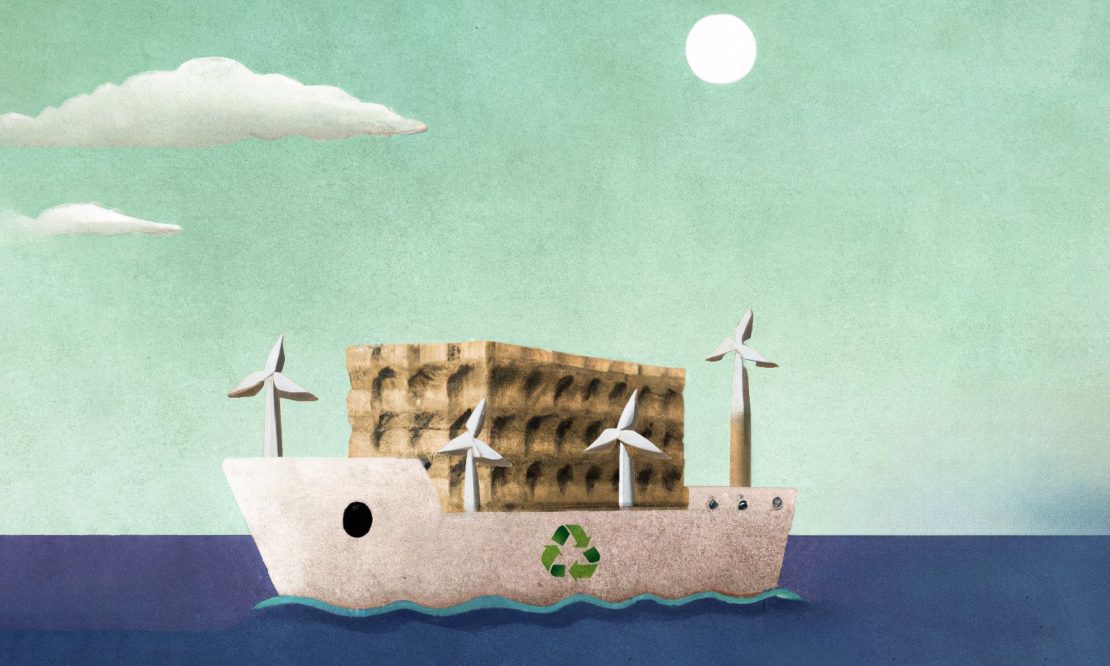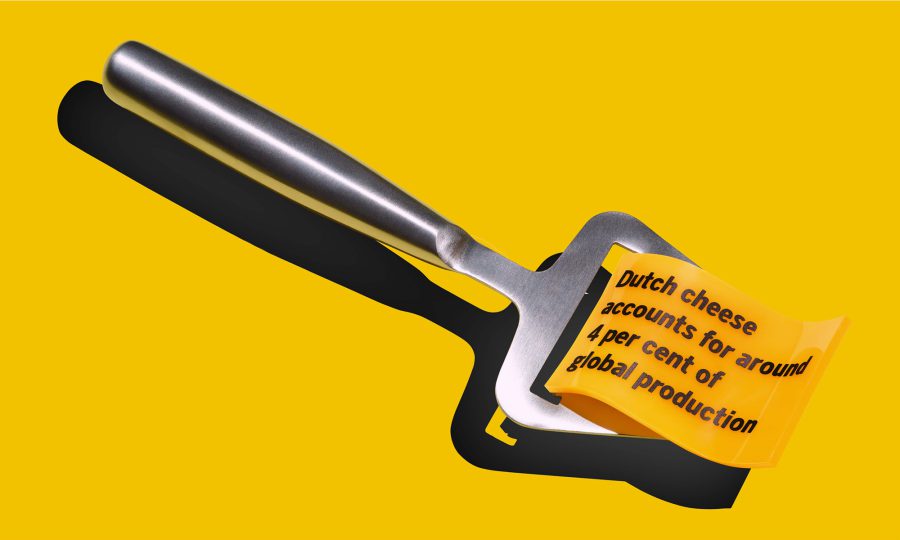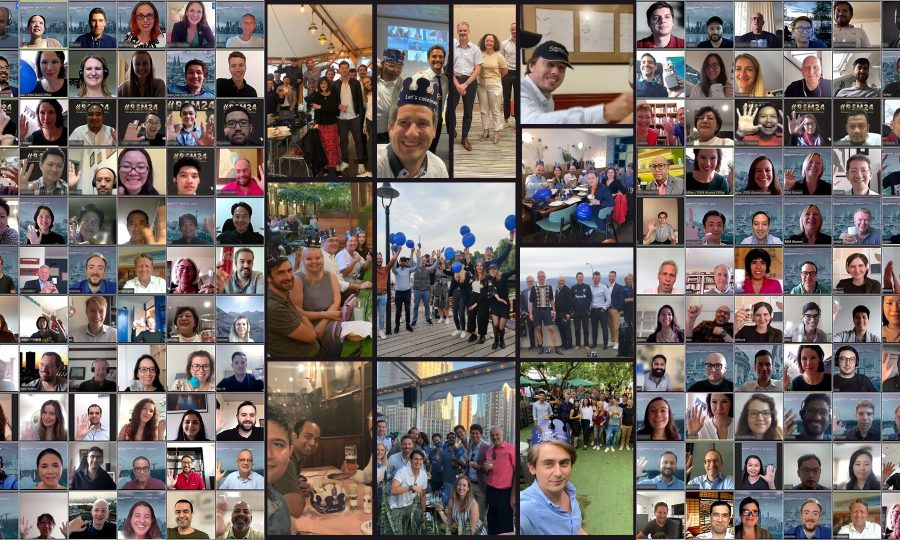Can data really create a greener future for shipping?
The shipping industry is vast and complex, and it needs to become more sustainable – fast. So can tech give the industry the tools it needs to clean up? We4Sea founder Dan Veen (AFM, 2007) says yes.

In March 2021, the container ship Ever Given ran aground in the Suez Canal, leaving hundreds of vessels queuing up, and shops and factories all over the world running low on stock and materials. It was only then that the general public realised how important – and vast – the global shipping industry really is. So vast, in fact, that it could be causing critical damage to our seas.
While many are aware of the environmental damage caused by car and plane emissions, the shipping industry tends to be out of sight and out of mind. We are familiar with the climate threats of airports and roads: much less so with docks. Yet a ship burns the dirtiest fuel on the planet; it’s the lowest possible grade that can still burn – one grade above asphalt – and it contains many substances that are no longer allowed in fuel for land transportation. Ships also damage the environment in other ways – underwater noise, for example, can be dangerous to whales and dolphins, and a ship’s propeller can also kill sea life.
Why has nobody done anything about this? Shipping is a very opaque industry; a lot of ship owners prefer to stay behind the scenes, under the radar, and be left alone. A ship can sail under what’s called a flag of convenience – you choose the nationality of your ship and, usually, that’s a country with legislation that suits you. And those countries with lots of ships registered are opposing stricter regulation. Like the ships they use, the shipping industry is very big and very slow to turn around.
But times are changing. Despite the fact that shipping emissions were not included in the Paris Climate Agreement, the EU has now said that it is tired of the delay in cleaning up shipping worldwide and will push ahead with its own legislation, to take effect in EU waters. The EU has also announced their Emissions Trading System for transport (ETS II) – companies will have to buy or receive carbon allowances corresponding to their CO2 emissions. This will be a big incentive for shipping to reduce emissions – particularly as the price of emissions is going up. Two years ago, it was €20 per tonne. In February 2023 it reached €100 per tonne – a record high.
So, it is now time for shipping companies to consider how their industry might become more sustainable and less damaging to the environment. These solutions need to be rooted in transparency and better data collection. At We4Sea, we invented a system for monitoring vessel performance using publicly available data, without the need to install sensors (which are usually very impractical for ships constantly moving all over the globe).
That system is now available as a SaaS solution. This enables the vessel’s data to be monitored in real time. It shows weather, the speed, the position, fuel consumption, emissions and so on. Our team of naval architects can then analyse this data and use it to suggest ways of improving performance or complying with legislation, or working out how they can get to their emissions target. It’s typically very difficult to judge which vessels are, for example, burning too much fuel, because there are so many variables involved in sea travel – different weather, different speeds, different parts of the world. But now we can normalise the data to account for all these things, so we can compare apples to apples.
For example, perhaps we note that a vessel is always sailing at a very high speed. The captain wants to make sure that they make their allotted arrival time. And they burn a lot of fuel in the process. We can look at the data and run scenarios – perhaps the results would be the same no matter what speed the ship is sailing at, so there is no need to sail this fast and burn this much fuel. It’s about reducing emissions, but it’s also about saving money – and that is vital to get the shipping companies on board.
Ten years ago, when we started We4Sea, clients said that they liked our ideas but couldn’t see the business case. Emissions weren’t their problem, after all. But the industry needs to do things differently – and those companies are now coming back to us because, soon, their emissions will cost them a great deal. You might say the tide is turning – and hopefully bringing in a more sustainable future for shipping.
Dan Veen is CEO and co-founder at We4Sea, a company which uses data-driven solutions to boost the energy efficiency of seagoing ships.



